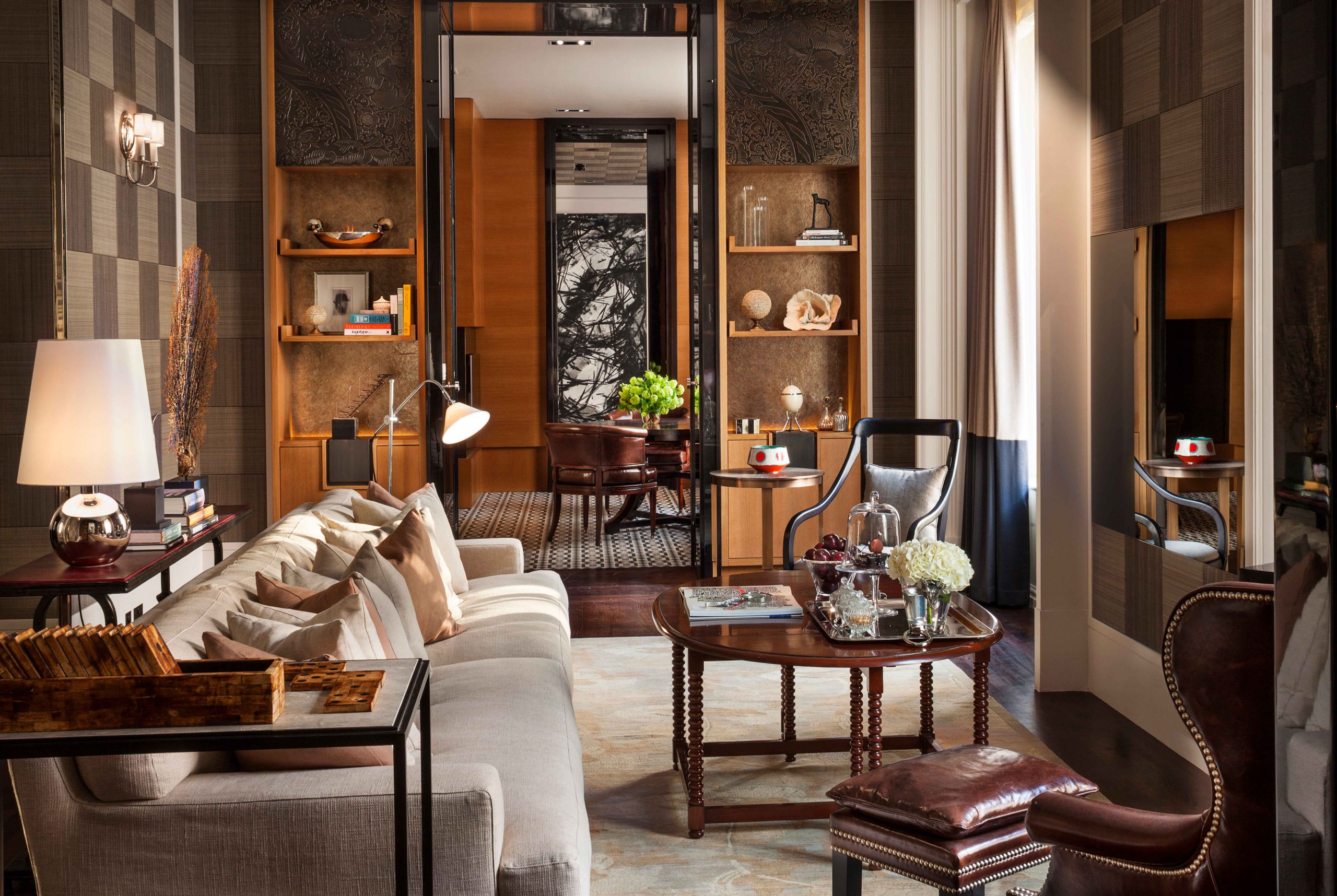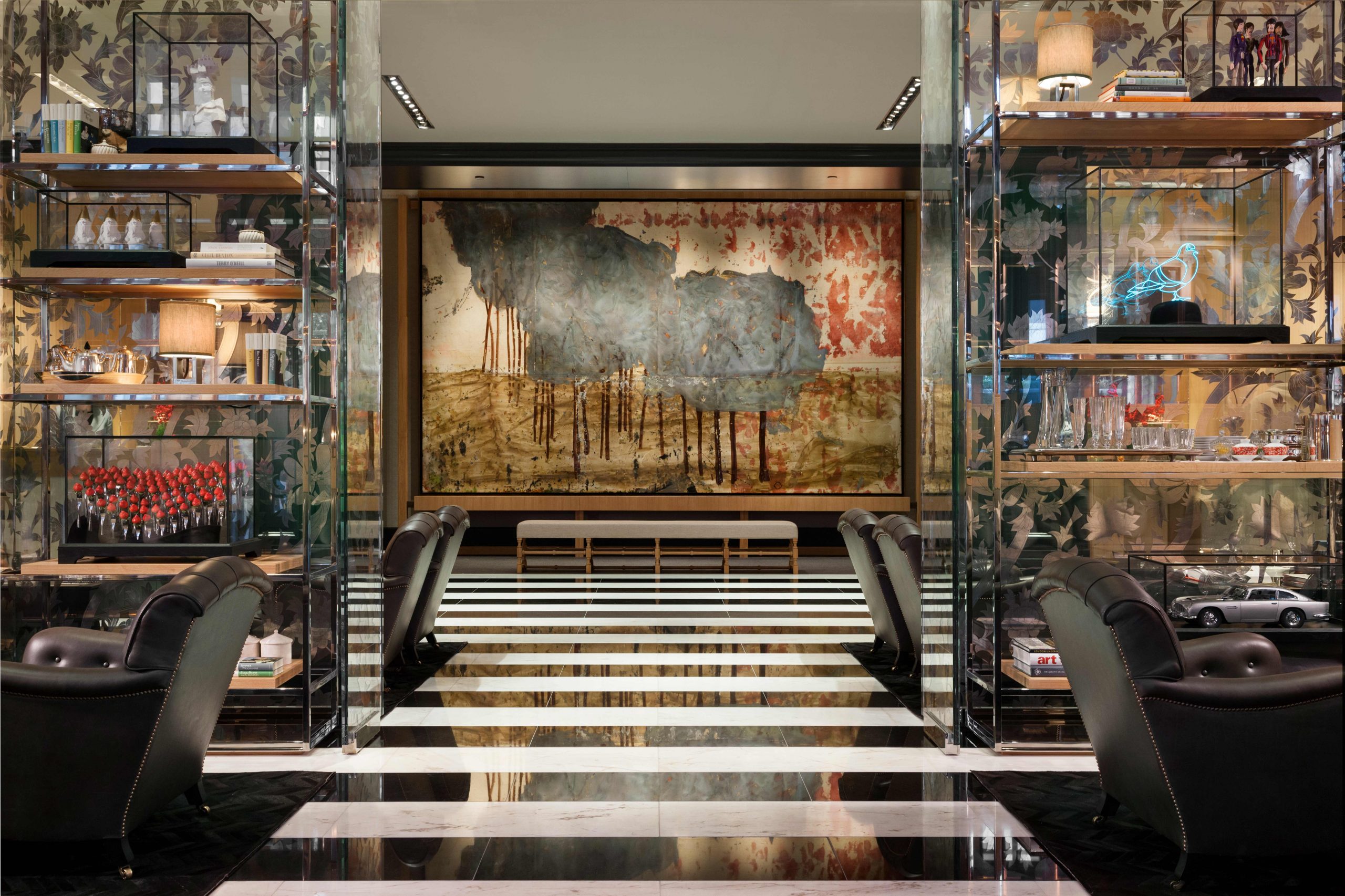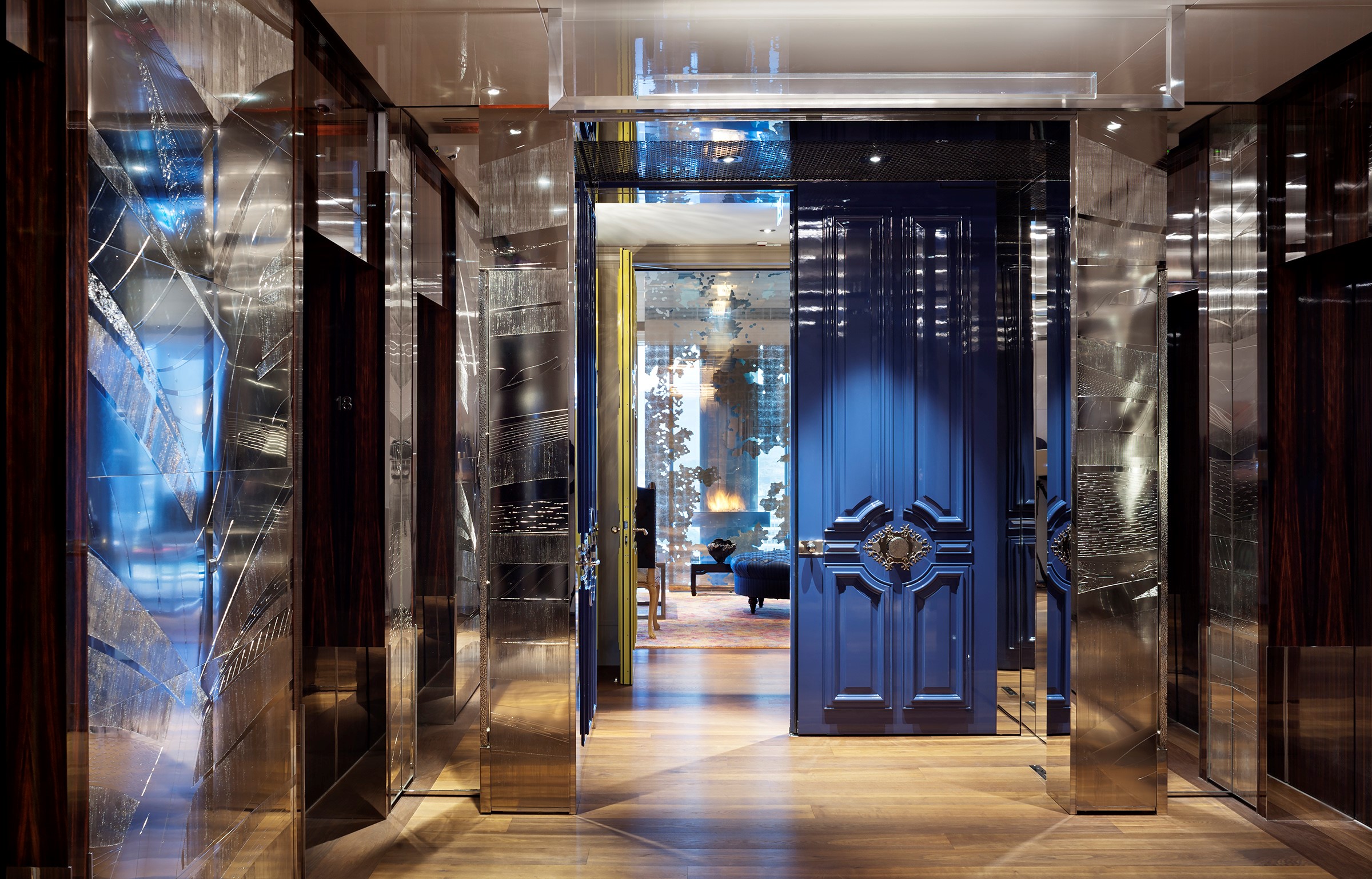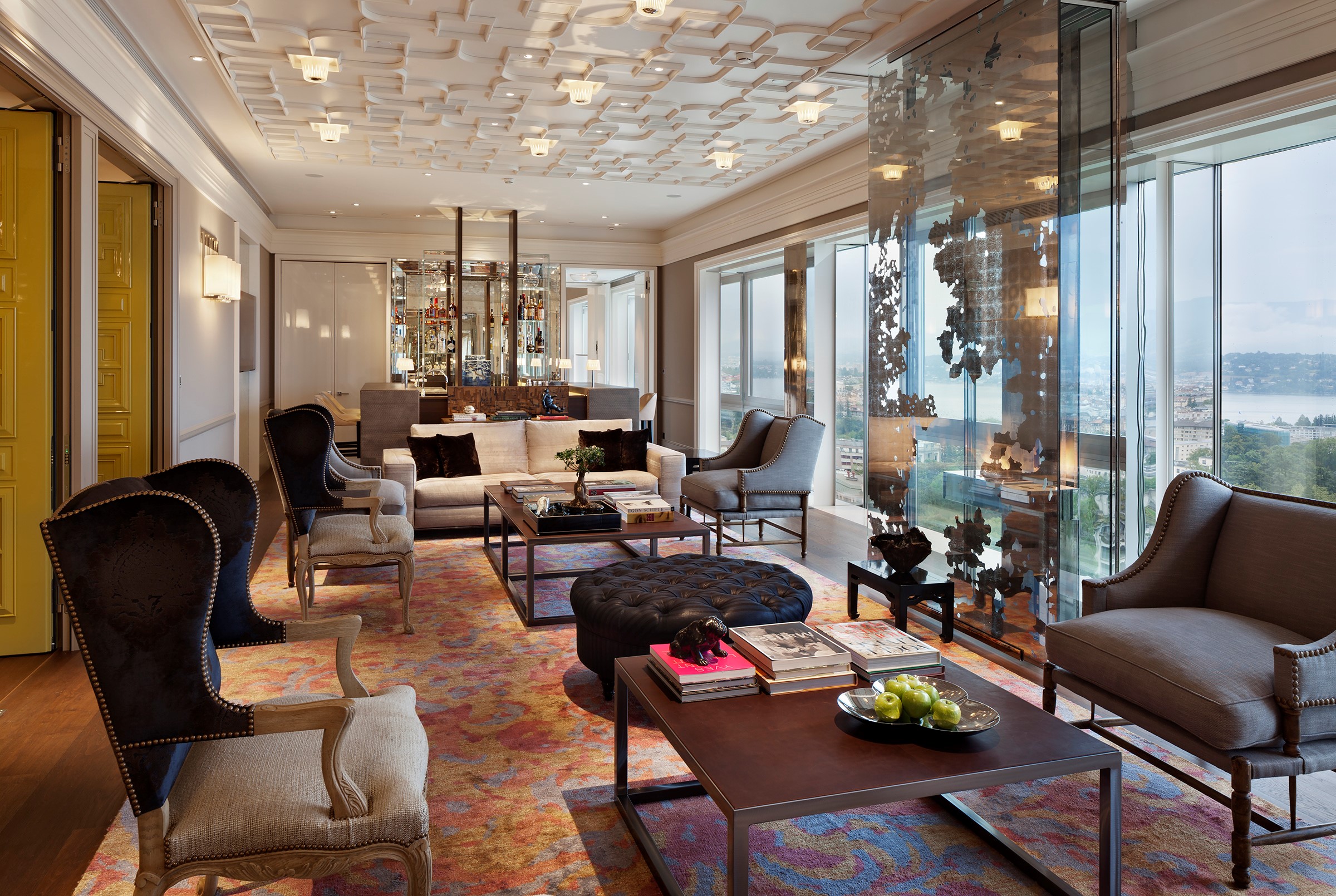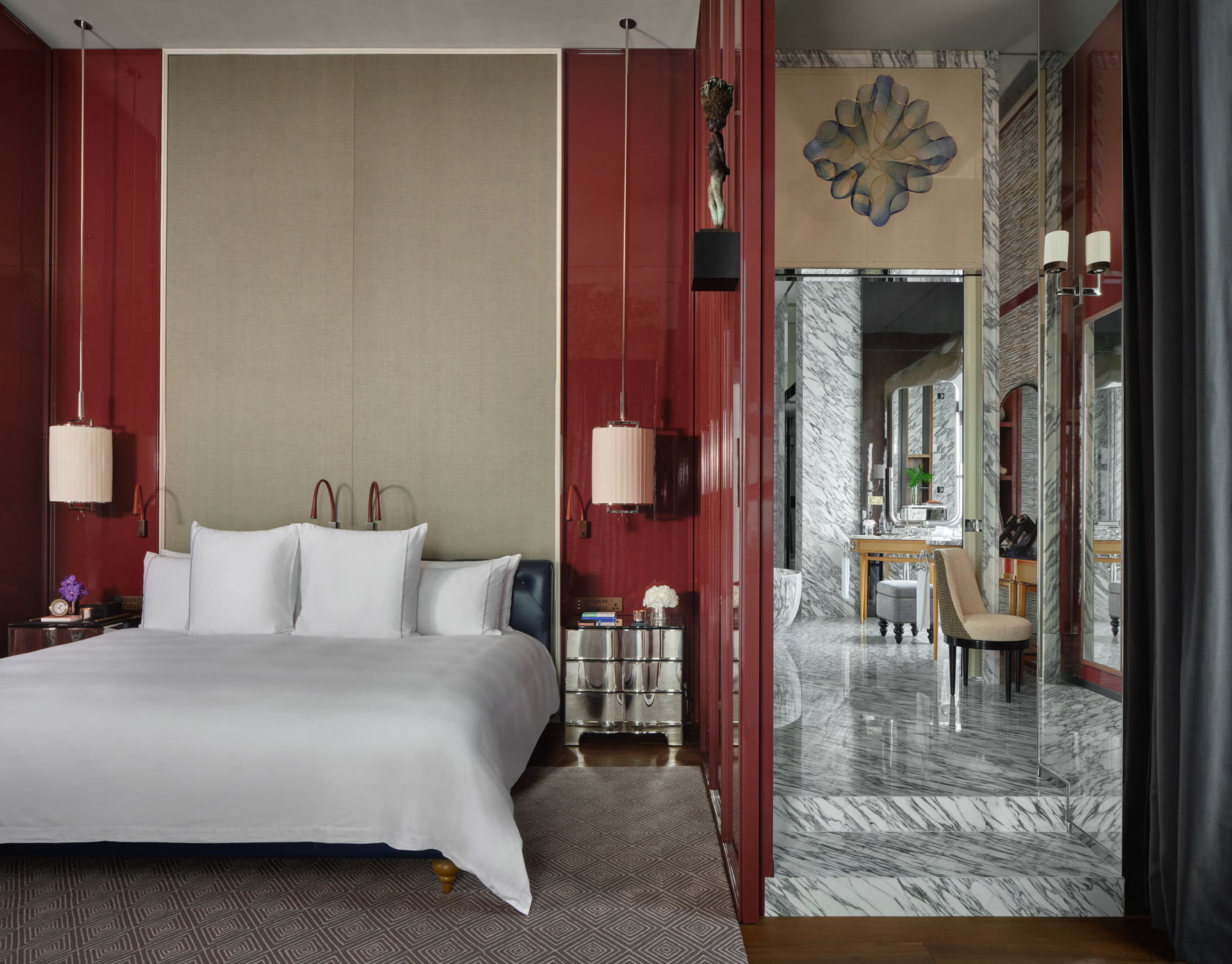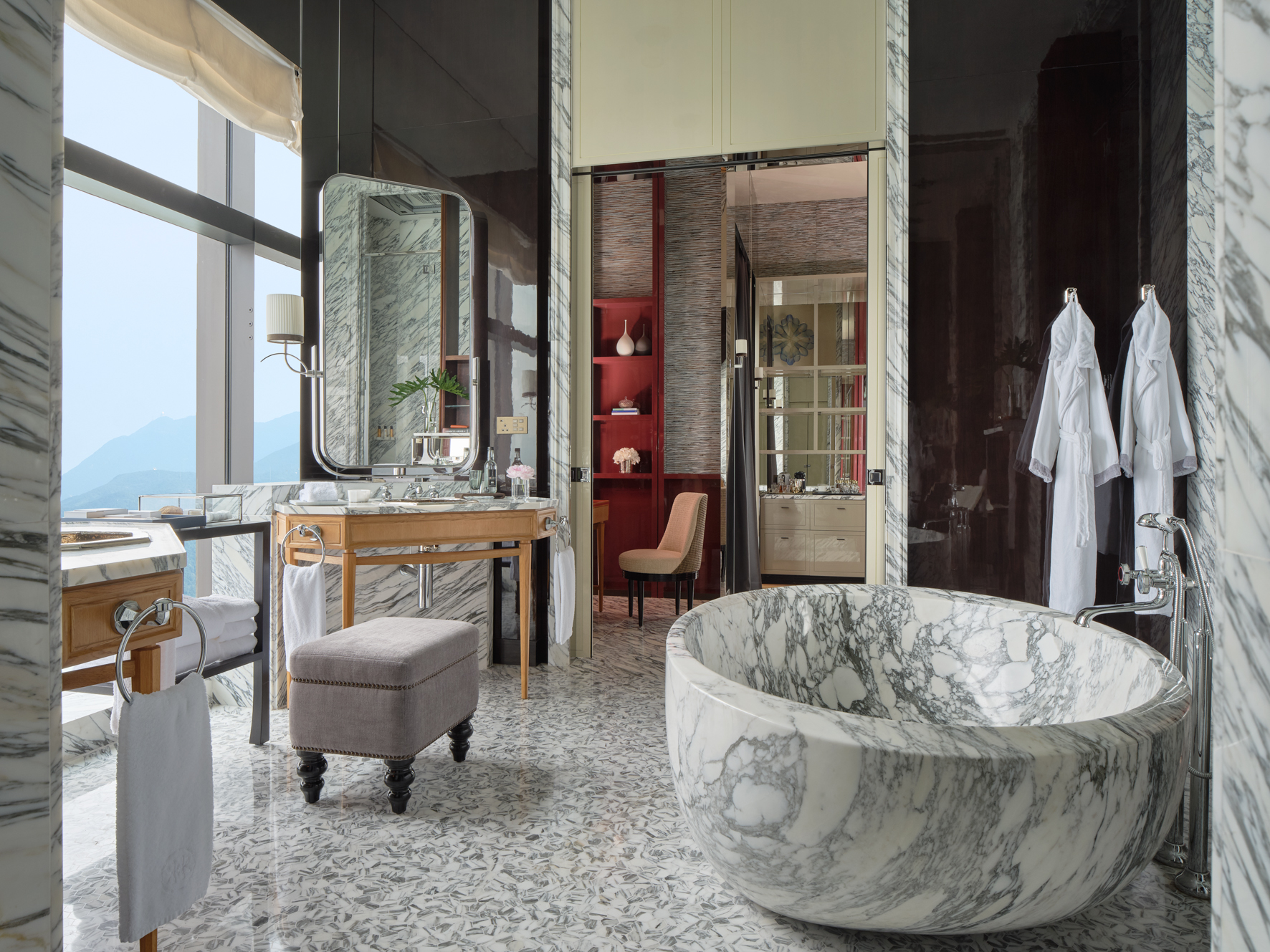Tony Chi is the Founder of tonychi studio, a global design practice based in New York. A design maverick best known for collaborations with international luxury hospitality brands such as Rosewood Hotels, Ritz Carlton and Four Seasons, Tony Chi’s approach towards hospitality is founded on his signature “invisible design”. Asia Designers Directory speaks with Tony Chi to find out more about his unique take on creating great hospitality experiences and his thoughts on his stellar career.
You are an internationally acclaimed interior designer and founder of New York based award winning studio tonychi. How would you describe your design philosophy?
Design is a process, a way of life, a means to discover, a means to solve problems and a means to enable bring possibilities and opportunities to life. Design is a means to enhance and uplift our experience of life and the interactions with people around us, which are the origins of hospitality. These values in design philosophy are in the intangibles and not necessarily what you see. This is what I refer as “invisible design”.
- Rosewood London (Photo credits: tonychi studio)
- Rosewood London (Photo credits: tonychi studio)
Can you tell us more about your “invisible design” philosophy?
“Invisible design” explores deeper than what you see. So much of what is currently understood about design relates to the visual and style where I believe there is so much more. Design connects with our emotions and memories with the architecture around us. It is actually mostly what you do not see but what you feel and what touches with your senses that conveys design. When we are in a space, we feel some connection and we cannot define it. We have a memory of the space, this is what is invisible design.
- InterContinental Geneva (Photo Credits: tonychi studio)
- InterContinental Geneva (Photo Credits: tonychi studio)
You were born in Taiwan but raised in the US, how has this influenced your designs and career?
I was born in Taiwan and my family came to the US when I was just eight years old. I prefer to refer to as coming from the “small” island to the “big” island of New York city. You could not ask for two different places. You could refer as East vs. West but the difference is much more. Taiwan is an island with small buildings, more relaxed and a strong connection to nature with the sea, the hills and the countryside. New York, by contrast, is a large city and the “concrete jungle . In the eyes of a child such as myself when I first came to New York, I was first struck by its vastness both horizontally and vertically. Skyscrapers one after another stretching to the sky, the glitter of the city lights, the gridded streets that stretch far like canyons. The energy of the fast pace and the people of all various cultures have had a deep impression on me. In Taiwan, I was exposed to the influence of Japanese and Chinese culture in food, home and philosophy. I remember the tatami mats in my home. Taiwan was my home as a young child and Memories as a child may be vague but also vivid and deep. New York was the city where I grew into adulthood. Both Taiwan and New York exposed me how memory and emotion can shape a person and a soul which influenced me later as a designer
What do you feel is the most important contribution that the tonychi studio has made to the luxury hospitality industry?
As a workshop, I founded tonychi studio on the premise that designers with a deep knowledge and backgrounds from all around the world can come together to convey one singular vision. To strive to enhance people’s etiquette, culture and interactions with each other. Each line drawn, and composed, is the crafted synthesis of many and the harmony of one. Today the team at tonychi studio works closely with developers, architects and operators to organize and plan spaces that have a strong emotional narrative. This platform enables the interior design to bring true brand experiences to life. If the spaces can lift people with a new experience and their transform their relationship with their own spaces and their own interactions with people around them, then this is this studio’s most important contribution.
- Rosewood Hong Kong (Photo credits: tonychi studio)
- Rosewood Hong Kong (Photo credits: tonychi studio)
You have an illustrious career to boast. How do you think you have evolved as a design professional over the years?
I think all people evolve in their lives through experiences and encounters. Creating tonychi studio was my greatest feat as a place for designers of all generations to practice development, design and curation together. My personal philosophy has always been to keep on learning- learning more how I draw, how I convey, learning from other people. Learning is a lifelong process and a process of accumulation. As I continue to evolve as a design professional, I learn what is important is learning how to enable the youth to succeed and craft a world for tomorrow.
What would you attribute your success to?
“Success” like the word “luxury” can have many different interpretations. Success for me is doing what you love to do each day of your life. Being a designer is not a profession but a vocation from the heart. I love the design process and how the process of design can allow you to discover profound results, many times which are not expected. Allowing the time each day in my life to enjoy being a designer and engage in the design process, then I consider myself a success!
The current pandemic has upended lives and led many to soul-search on future plans. How do you feel the pandemic has impacted the way that interior spaces are designed?
While many may view the pandemic with negative views, I see where the pandemic may have positive results for humanity and our society. The pandemic has forced all of us to reassess the daily habits in our lives, most particularly our relationships in our lives. Work life and home life have merged. Our homes have become a refuge. We are more cautious in public spaces. The biggest change in my opinion is we perceive our homes. We want larger homes to capture both the work life and the home life. Within our homes, we now have spaces for the public viewing and spaces more private thanks to our sudden virtual meetings online. Even after the pandemic will come to pass one day, the effects on our expectation and perceptions of the home will surely change.

